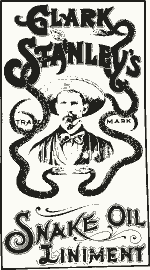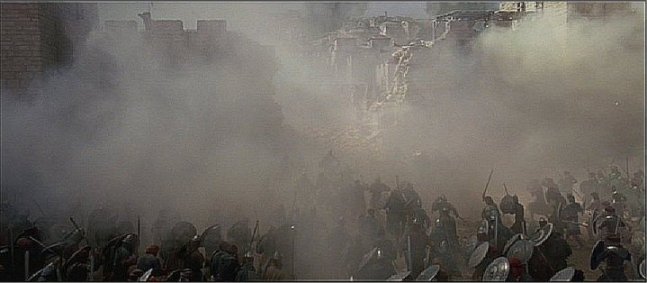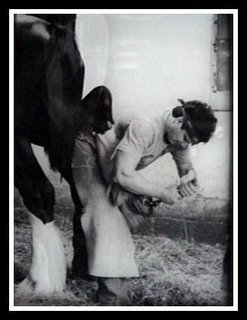Key Parts of S.Korea Stem Cell Study Faked

In light of this report do we place stem cell research in the same junk science pile as global warming?
Stem cell scientist Hwang Woo-suk admitted his landmark work was fabricated and agreed to request that the journal Science withdraw his paper on it, his Korean scientific collaborator said Thursday.
Hwang remained tight-lipped regarding Roh's allegations but Prof. Lee Wang-jae at Seoul National University (SNU) confirmed Roh's claims. Lee was expected to lead the university's in-house investigation panel on lingering stem cell doubts.
``We already learned there are no embryonic stem cells and Prof. Ahn Cu-rie (Hwang's associate) also knows it. We can declare today as a day of national infamy,'' Lee said.
In this climate, scientists worry that Hwang's original breakthrough of harvesting the first-ever cloned human embryonic stem cells published by Science in 2004 will also be suspected.
Thus far the study has been trusted and doubts centered only on papers on patient-specific stem cells but things could be different. His other works such as original stem cells and the first dog clone may come under suspicion.
In light of the rush by some states in the US to finance stem cell research there is piles of money to compete for. Nothing like a politically charged issue to gum up the results.
With its fate unsure in the Assembly, acting Gov. Richard Codey's $350 million stem cell research initiative may not be approved in the lame-duck session.
Along with seeking voter approval next November for the money to fund research, Codey is asking the Legislature to OK a $150 million plan to build a research institute in New Brunswick. The Senate Budget and Appropriations Committee approved the measure Monday.
In spite of the opposition by pro-life groups to embyonic stem cell research, some states such as NJ are being pushed to allocate funds by grant or loan for stem cell research. It would be ironic if it was the researchers themselves who skittle the effort.
A University of Pittsburgh researcher has called for the removal of his name from a landmark stem cell paper and is petitioning the co-author, embattled South Korean human cloning pioneer Hwang Woo-Suk, to retract the report.
In a letter written Monday to the editors of the journal Science, which published the groundbreaking research in June, Pitt reproductive scientist Gerald Schatten said his "careful re-evaluations of published figures and tables, along with new problematic information, now casts substantial doubts about the paper's accuracy."
The Pitt researcher also told Science that some supporting tests hadn't been carried out as reported in the paper, which Schatten in a statement called "an honest mistake" that wouldn't have had an effect on the study's conclusions.
Science acknowledged receiving Schatten's letter, but spokeswoman Ginger Pinholster said it contained "unsubstantiated allegations" and declined to comment further.
"No single author, having declared at the time of submission his full and complete confidence in the contents of the paper, can retract his name unilaterally, after publication." the journal said in a statement.
Signing on to a report and then wanting to back out indicated a lack of peer review. This is how junk science slips in as legitimate, skewing the debate.
Meet friends at Basil's








 BlogHop.com
BlogHop.com







0 Comments:
|Post a Comment
<< Home